Coronavirus: Is everything you've heard true, or just a myth?
- Published
- comments
Coronavirus: Can you separate myth from fact?
As news of the coronavirus spread first throughout China and then to the rest of the world, more and more people have been talking about it - which can be both a good and a bad thing.
It's good because it means people will be more likely to listen to safety advice and do more to protect themselves and others.
However, not everyone talking about the coronavirus is using reliable sources of information and they could be saying things that aren't actually true.
This can cause unnecessary fear about the illness, or make particular people and groups the target of rumours and fake news.
So how can you tell if the things you've been told about the virus are untrue rumours or advice you need to listen to?
Here's our guide to what is a myth and what is a fact about coronavirus.
MYTH: "I need to buy a face mask"
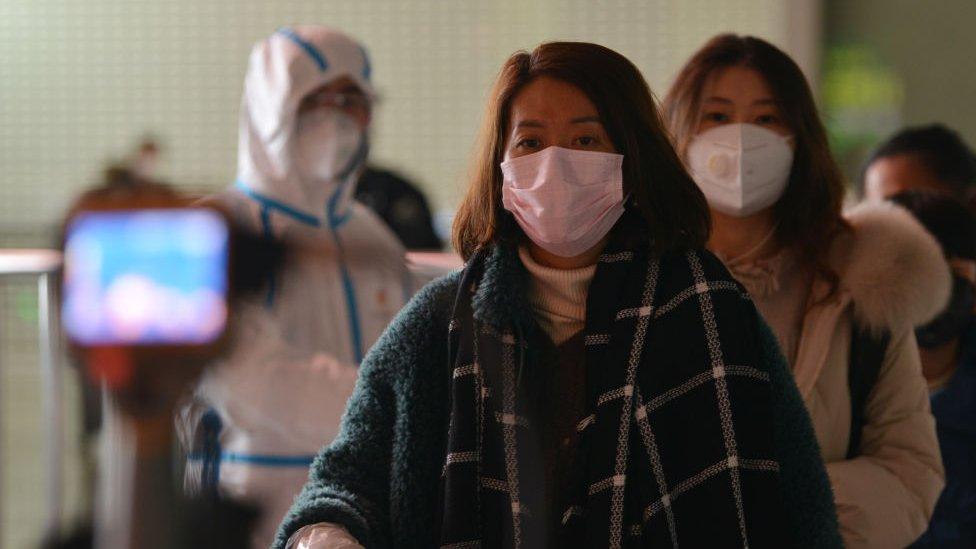
Lots of people in China and surrounding countries have been wearing masks to either try and stop themselves passing on the virus or prevent getting it to begin with.
But the National Health Service (NHS) says: "There is currently no evidence that face masks for the general public are effective in stopping the spread of the virus."
TRUE: "You should frequently wash your hands to make sure you don't get coronavirus"
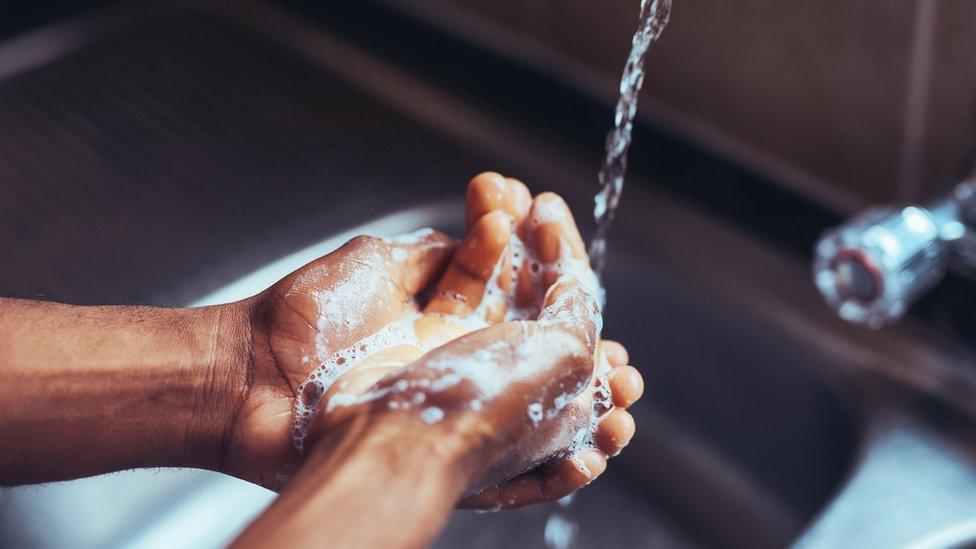
We wash our hands after we use the toilet to kill any bacteria that might be on them, and washing your hands also helps prevent the spread of the type of bacteria that can cause coronavirus in exactly the same way.
It's not enough just give them a quick rinse under the tap, you need to use soap and warm water to give them a proper clean and make sure you haven't missed anywhere.
Other things you can do are: covering you mouth while sneezing, and not touching you're mouth or face until you've washed your hands.
MYTH: "If you get the virus, you'll die"
Dr Chris and Dr Xand explain the coronavirus
Types of coronavirus have been around for ages and, as Dr Chris and Dr Xand from Operation Ouch say, while lots of coronaviruses can make people very ill, others aren't any more serious than a cold.
Although we don't know all that much about this new strain of the virus, they told Newsround: "Almost everyone who has had this infection has recovered fully so this is not something that you need to spend too much time worrying about."
"The NHS is extremely well prepared."
MYTH: "Everyone who has recently visited China will have the coronavirus"
Although the disease was first found in a city in China, that certainly doesn't mean that anyone who has recently visited China will have come into contact with the virus.
Anyone who has visited Wuhan or Hubei Province in the last 14 days has been told to stay indoors and avoid contact with other people, but even that is only a precaution, not because they will have caught the bug.
There are around 28,000 cases in China, but the country has a population of around 1.4 billion people... so that's about 0.002% of the population who have shown any symptoms.
The NHS says even if parents have recently returned from these areas, there is no need for their children to stay off school as long as they are healthy.
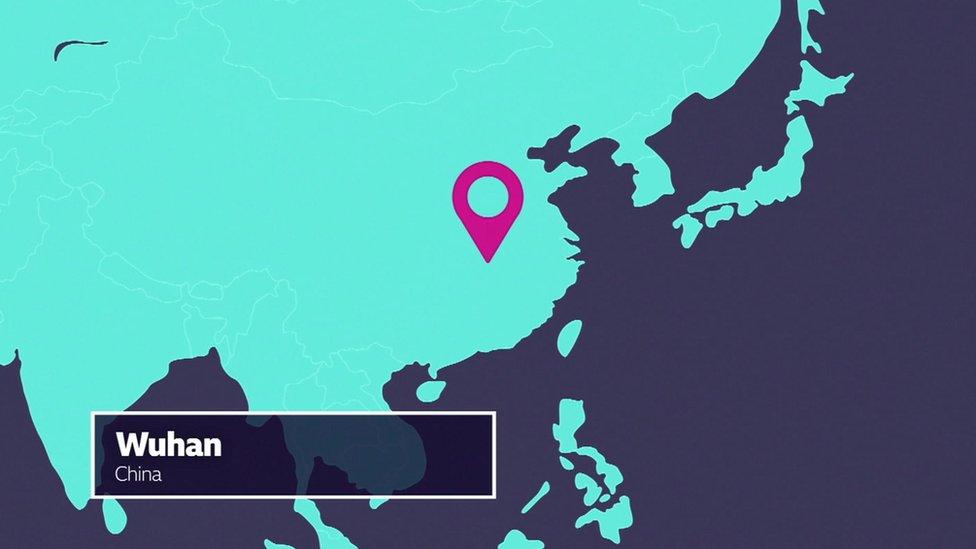
MYTH: "You should avoid Chinese people as they might have coronavirus"
There were 247,403 Chinese people living in the UK at the time of the last census back in 2001, but many of them weren't born in China and some haven't ever visited the country.
Despite this, lots of Chinese people living in the UK have found themselves on the receiving end of nasty comments because people think, just because they are Chinese, that they might have the virus.
Other people with Asian heritage living in the UK have also had experiences where they felt like people were avoiding them because of their race.

Big UK cities like London and Manchester have Chinatown areas where lots of Chinese shops and restaurants are - but some people have been avoiding them because of Coronavirus
It's important to remember that unless someone has been to Wuhan or Hubei Province, or to an area where coronavirus has been found, they aren't any more likely to have coronavirus than you are.
So instead of looking at what ethnic background people come from, it makes more sense to take care around people who appear ill, regardless of what they look like or where they come from.
MYTH: "It's not safe to receive a letter or package from China"
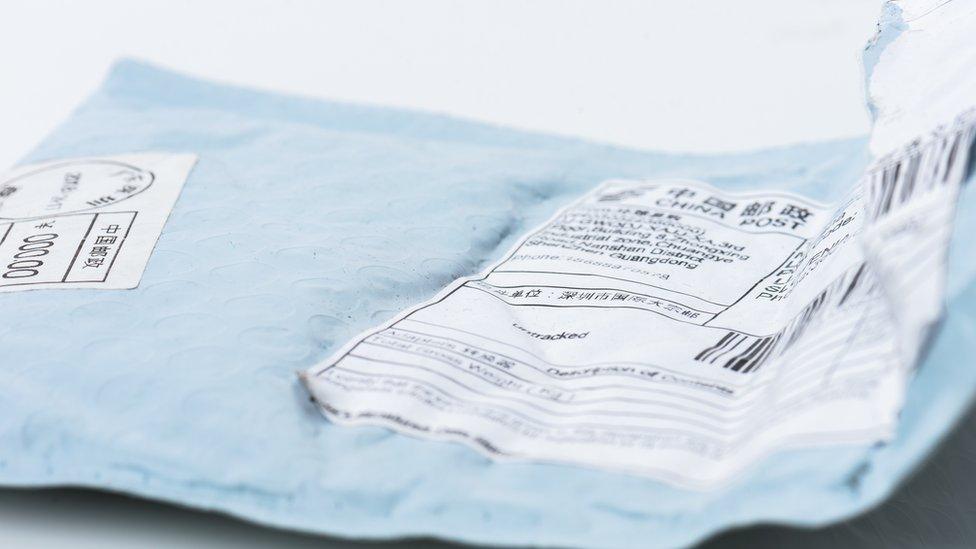
If you've got some new trainers or wireless headphones coming in the post from China, don't worry!
Some people have feared that they could get the coronavirus from imported goods delivered from China.
Don't worry, public health experts say this isn't possible because the virus can only live for a few hours on hard surfaces.
The only way it's being spread is directly from one person to another.
MYTH: "The flu vaccine will protect you from the coronavirus"
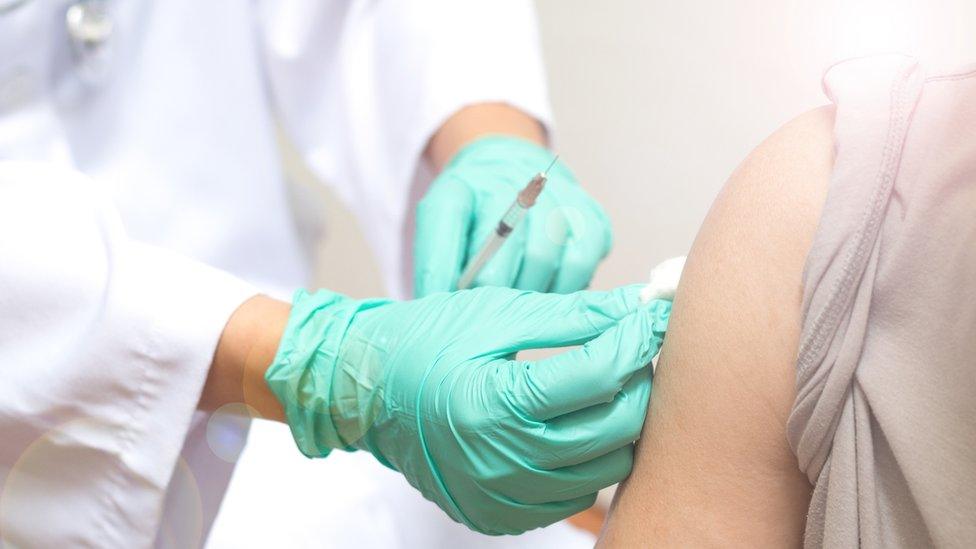
The virus is so new and different that it needs its own vaccine.
Researchers are working as hard as they can to try to develop a vaccine in record time and the World Health Organisation is supporting scientists around the world.
But so far, no successful known treatment has been found.
MYTH: "The Olympic Games in Tokyo is cancelled because of coronavirus"

Although organisers have said they are concerned about the impact of coronavirus on the games, due to take place over the summer, it's not true that the games have been cancelled.
Tokyo Olympic organisers have insisted they are "not considering" cancelling the Olympics and Paralympics, and said they are working with organisation to prepare "any countermeasures wherever necessary."
The false rumours began when a Japanese website claimed that games had been called off... they were wrong!
- Published4 February 2020

- Published4 February 2020
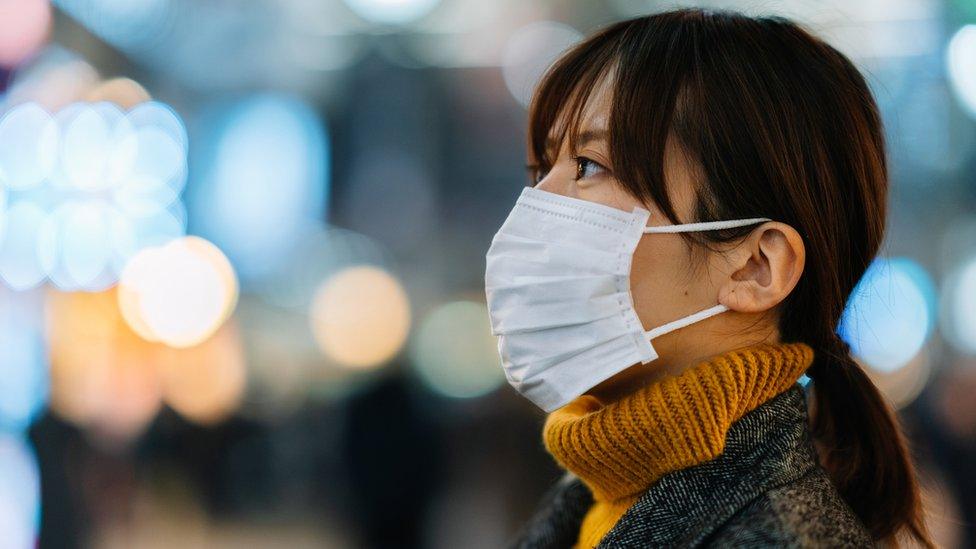
- Published27 January 2020

